Maifan stone
There are many meat deaths and injuries in summer, mostly due to soil problems. If your soil is not very breathable, then once watered or rained, it is easy to appear black rot

Poke the basin soil with your hand. If it feels hard, you should add some permeable and breathable materials, such as Maifan stone. If the garden soil and Maifan stone are mixed in the ratio of 1:1, it will be more fleshy and not easy to rot, so it will be easier to get out of the state

Maifan stone contains many trace elements, which can not only supplement nutrition for meat, but also have good air permeability
It has been several days since the beginning of autumn, and many places in the north have obviously cooled down. We should quickly change the soil and pull the meat back from the death line
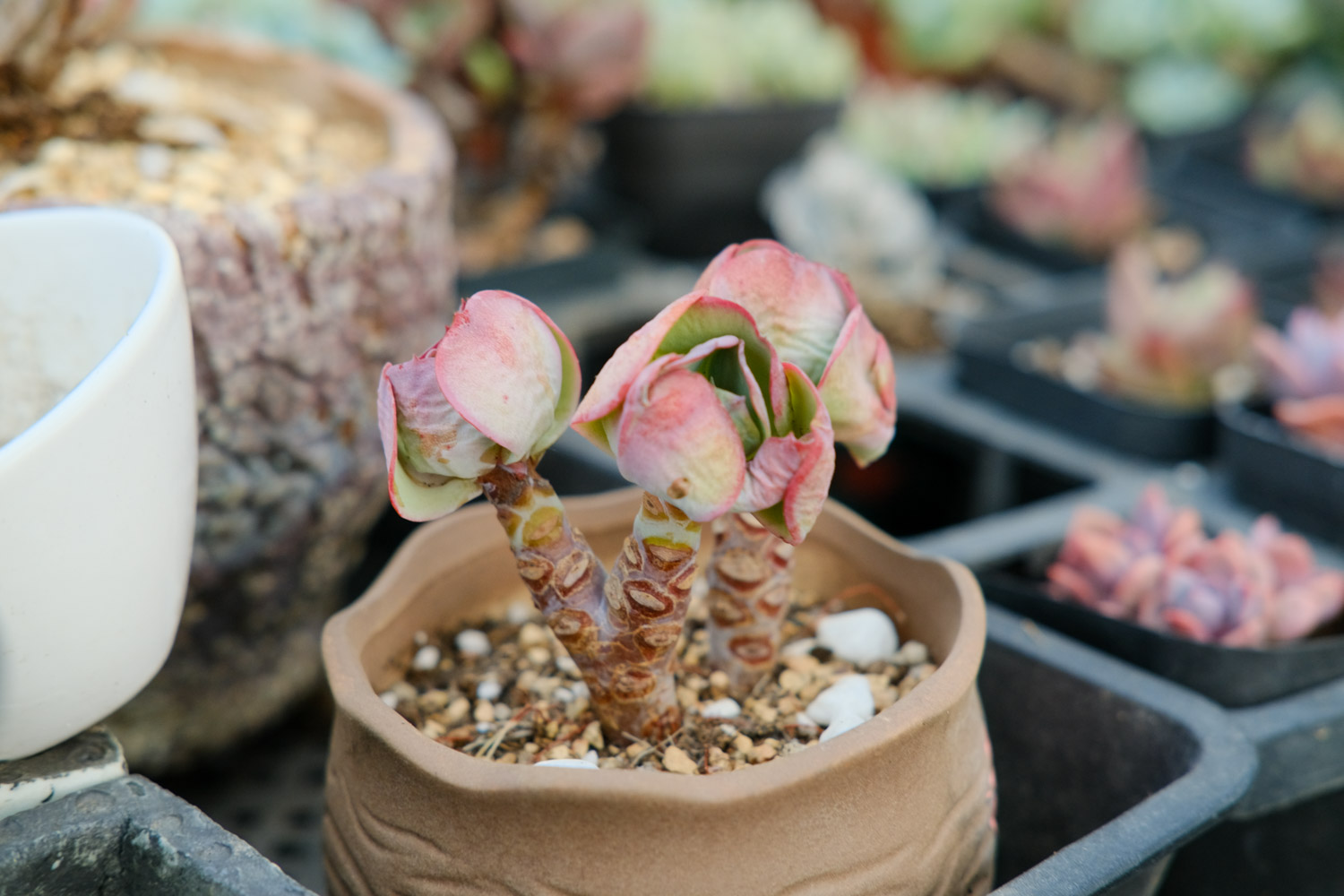
If you are in the South and the climate is still muggy and humid, Huahua suggests that you forward this article to your collection first, and then operate it when it is a little cooler
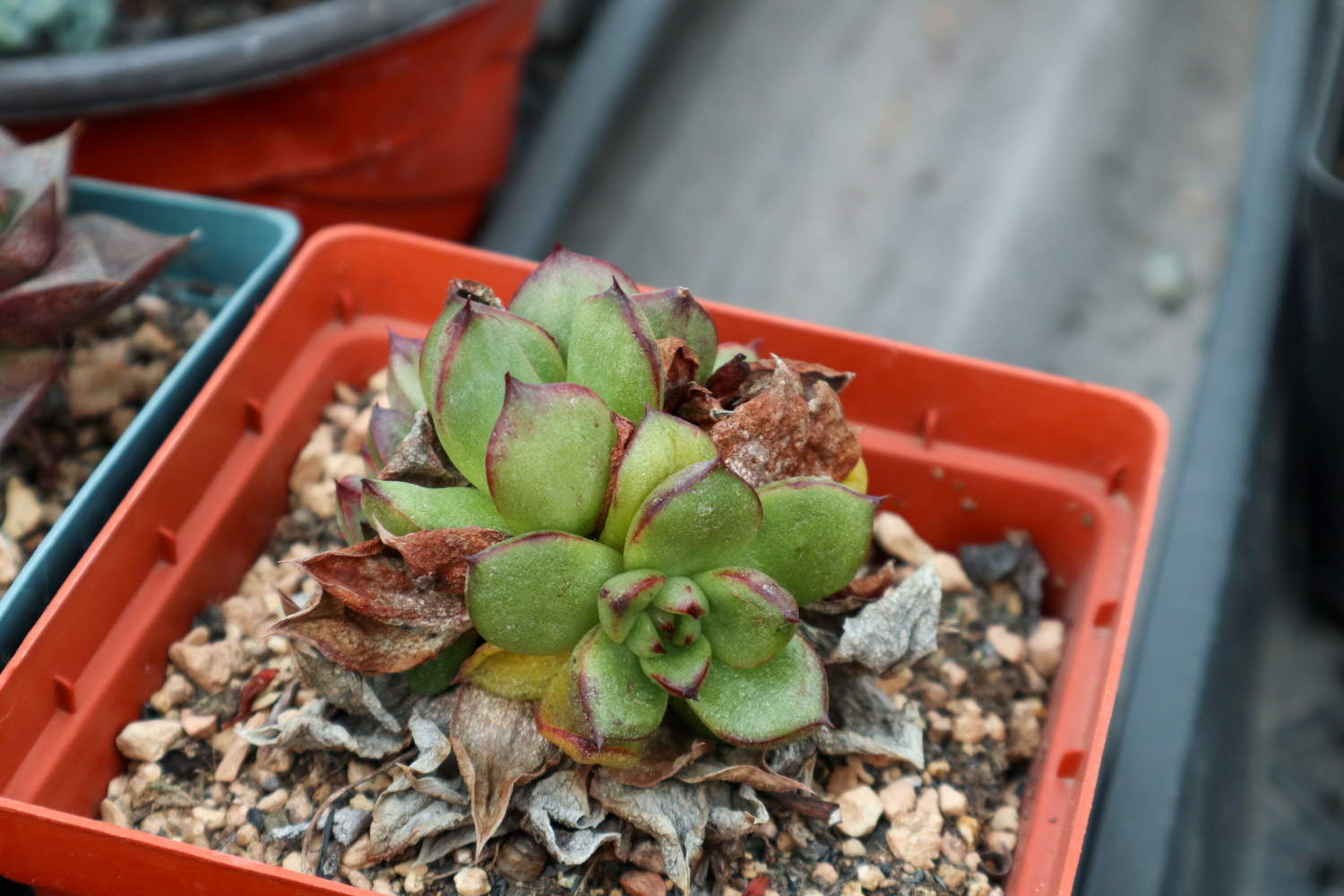
Vermiculite
If meat is half dead, it's better to replace its airtight old soil and win in the risk! Vermiculite, as an inorganic soil, can enhance soil permeability and avoid watering and rotten roots

Add half vermiculite to the soil, disinfect and dry the fleshy rotten roots, and plant them in a basin with reasonable soil distribution. Maybe there is still a glimmer of vitality
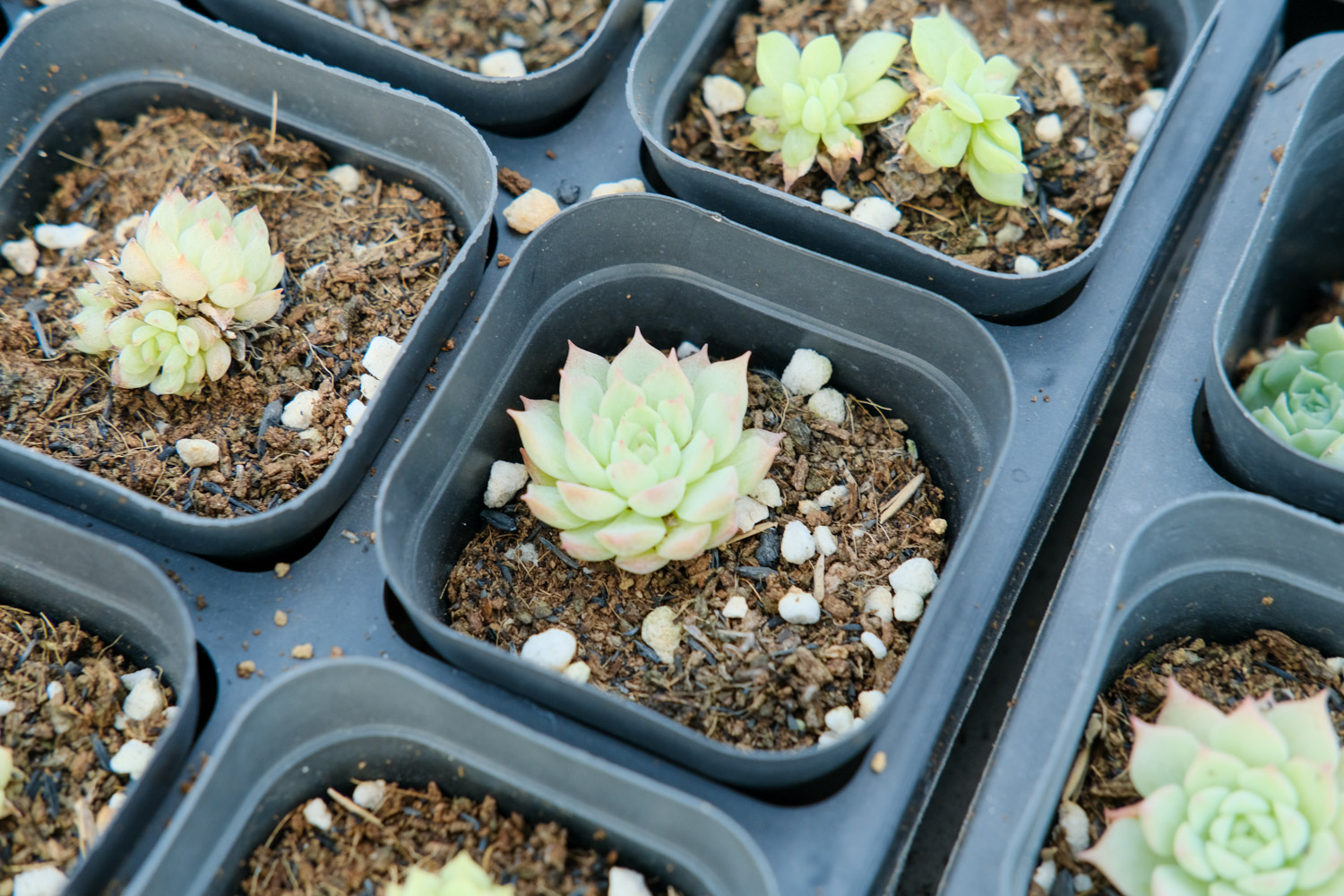
Muggy is the first killer of meat. If your meat is put on the balcony and causes leaf loss and wilting... You can't raise it in the open at this time. You must take it to the window of the air-conditioned room and be able to get the sun
Pine needle soil
"Winter type" meaty, such as raw stone flower, tiannv, dacangjiao hall and green tower, are still in dormancy at the moment, and can not enter the growth period until about October
In principle, they cannot be watered during this period. But many flower friends found that their meat dried up without watering for half a month< span>
Therefore, watering should be adjusted to local conditions. If you are in the dry north, you can't copy other people's methods. The frequency can be a little higher than that in the south
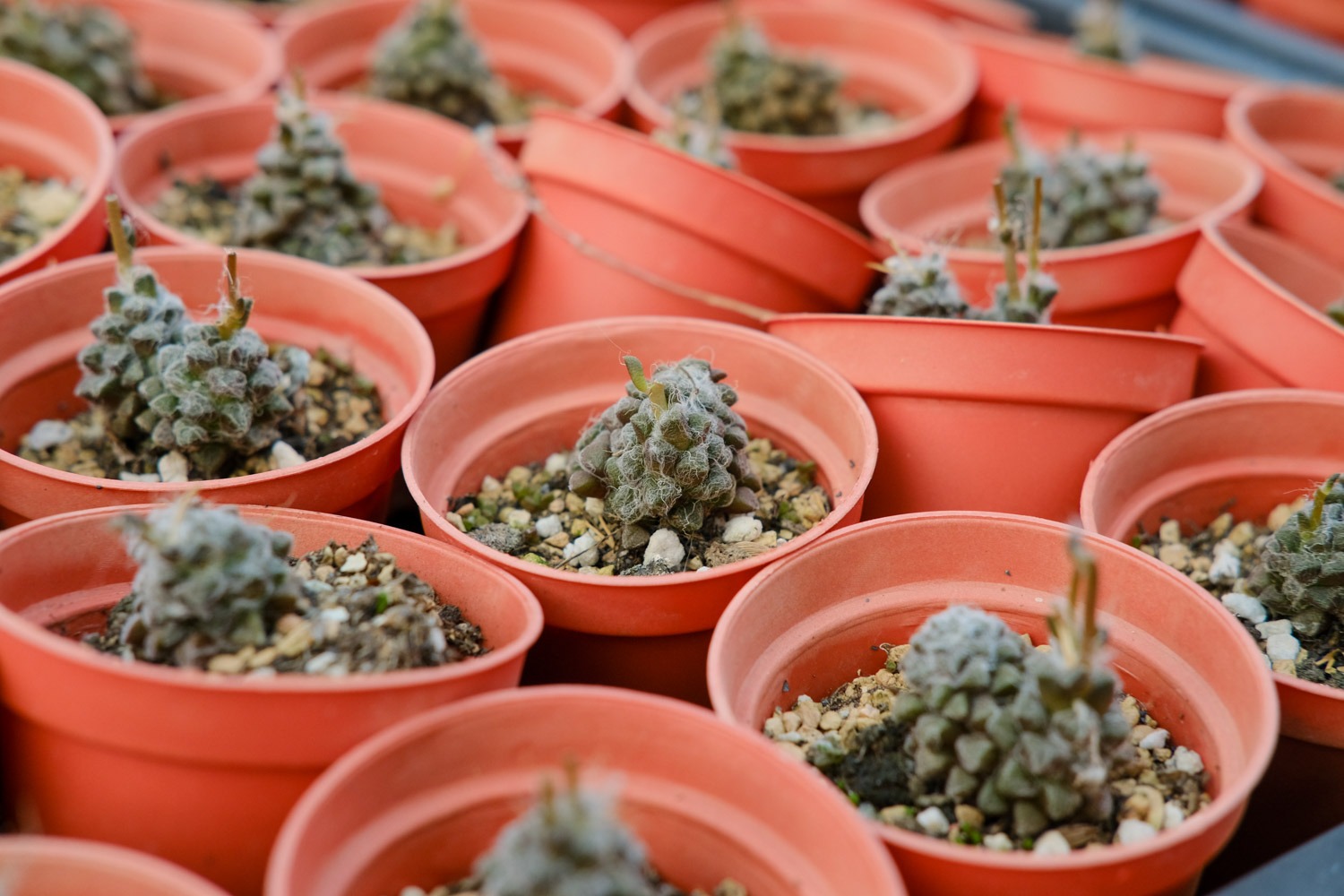
If you are not sure about the frequency of watering, Huahua teaches you a good way, that is to lay a layer of rotten pine needle soil on the surface of the basin soil. It has good water retention and air permeability. When many dried meat wilt, you can water it once, and basically don't care about it
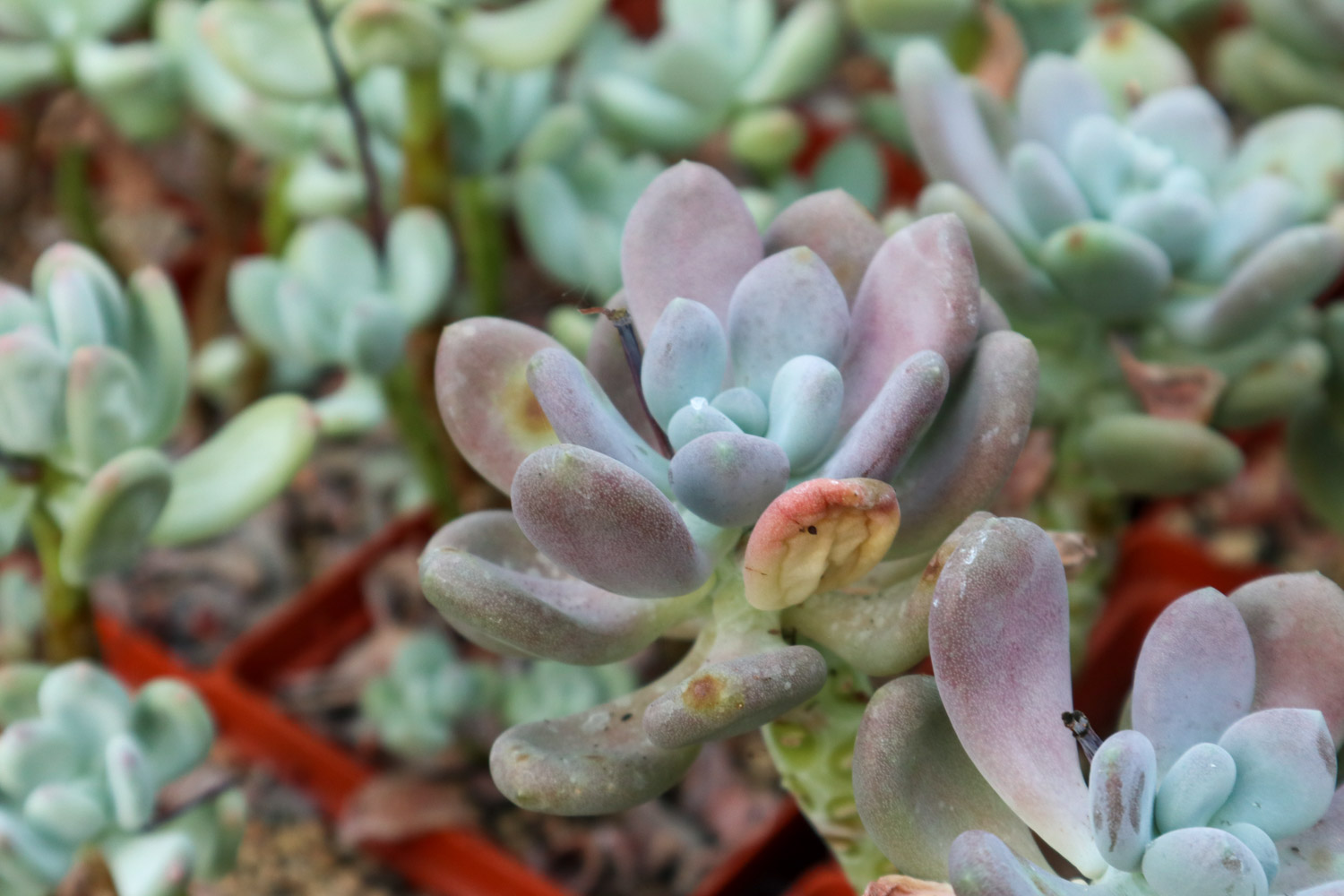
Bone meal
The "summer seed type" such as tequila, white sandalwood and lvwei Qilin are succulent, and it is also the time of vigorous growth from August to September
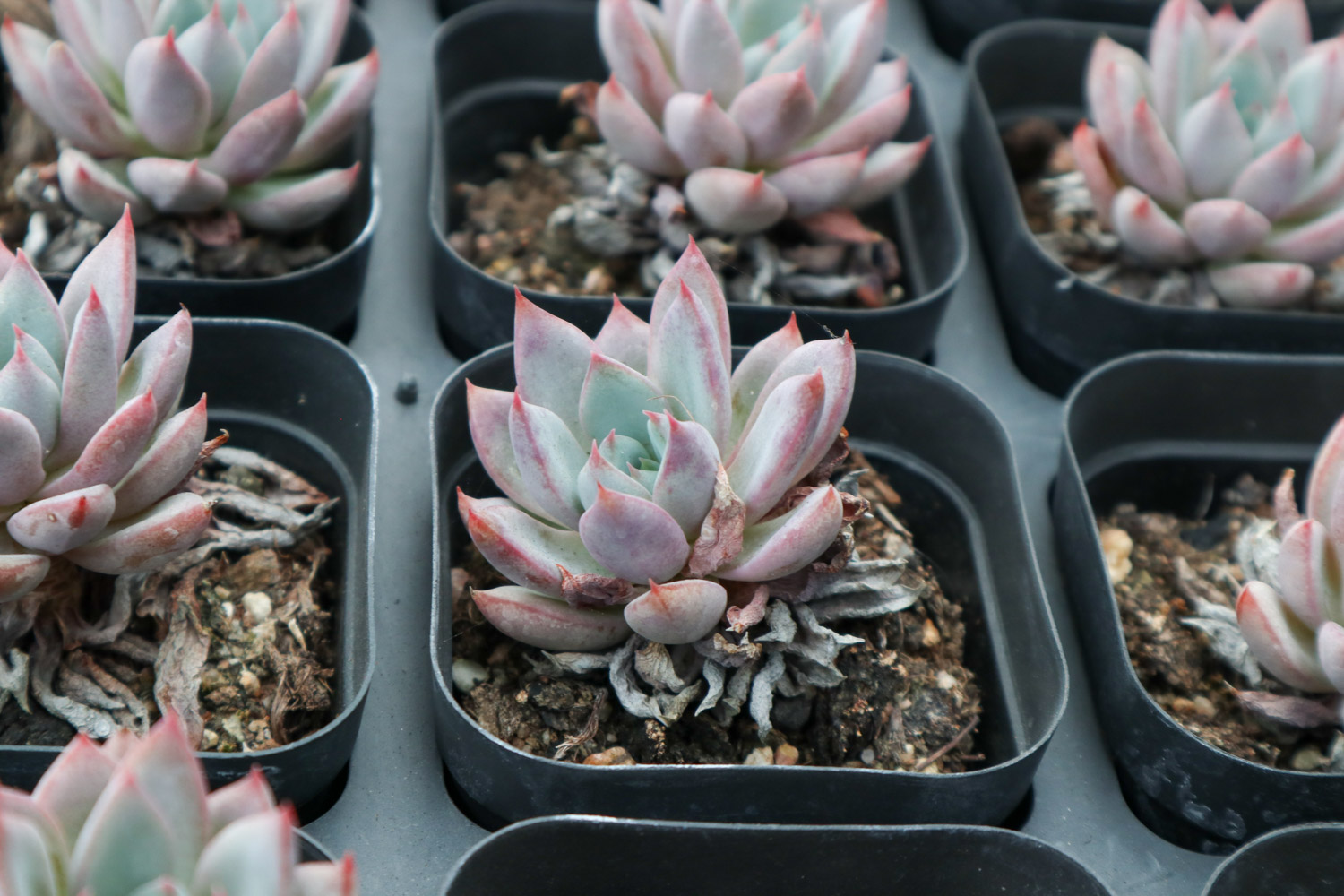
For these kinds of meat, watering and fertilization can be done as usual. But fleshy plants are not particularly fat loving, so we can't apply concentrated fertilizer
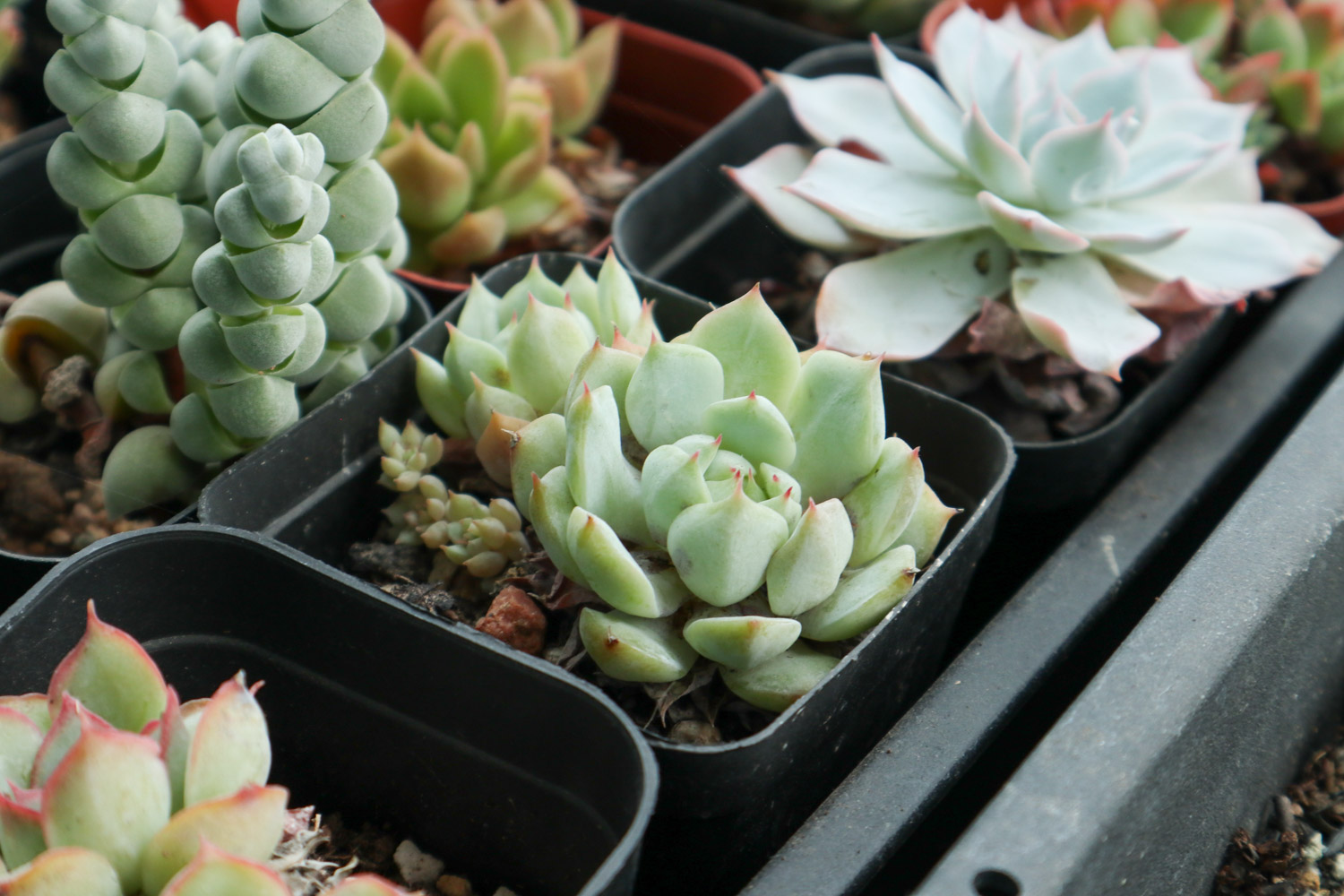
Bone meal is not only rich in phosphorus and calcium, but also releases nutrients slowly. It is the most suitable base fertilizer for meat
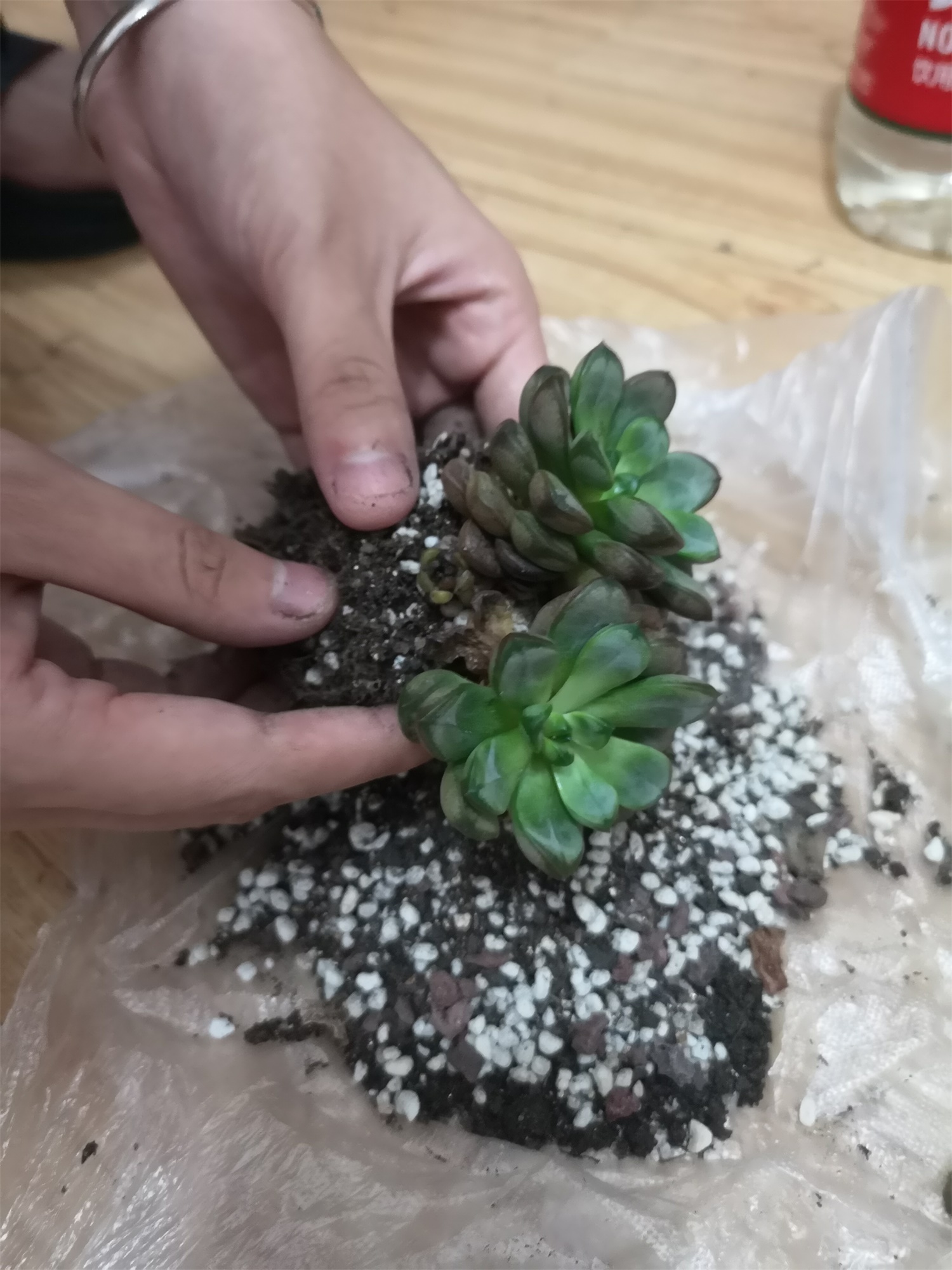
Wash the leftover meat and bones, smash them to dry, and put them at the bottom of the meaty basin
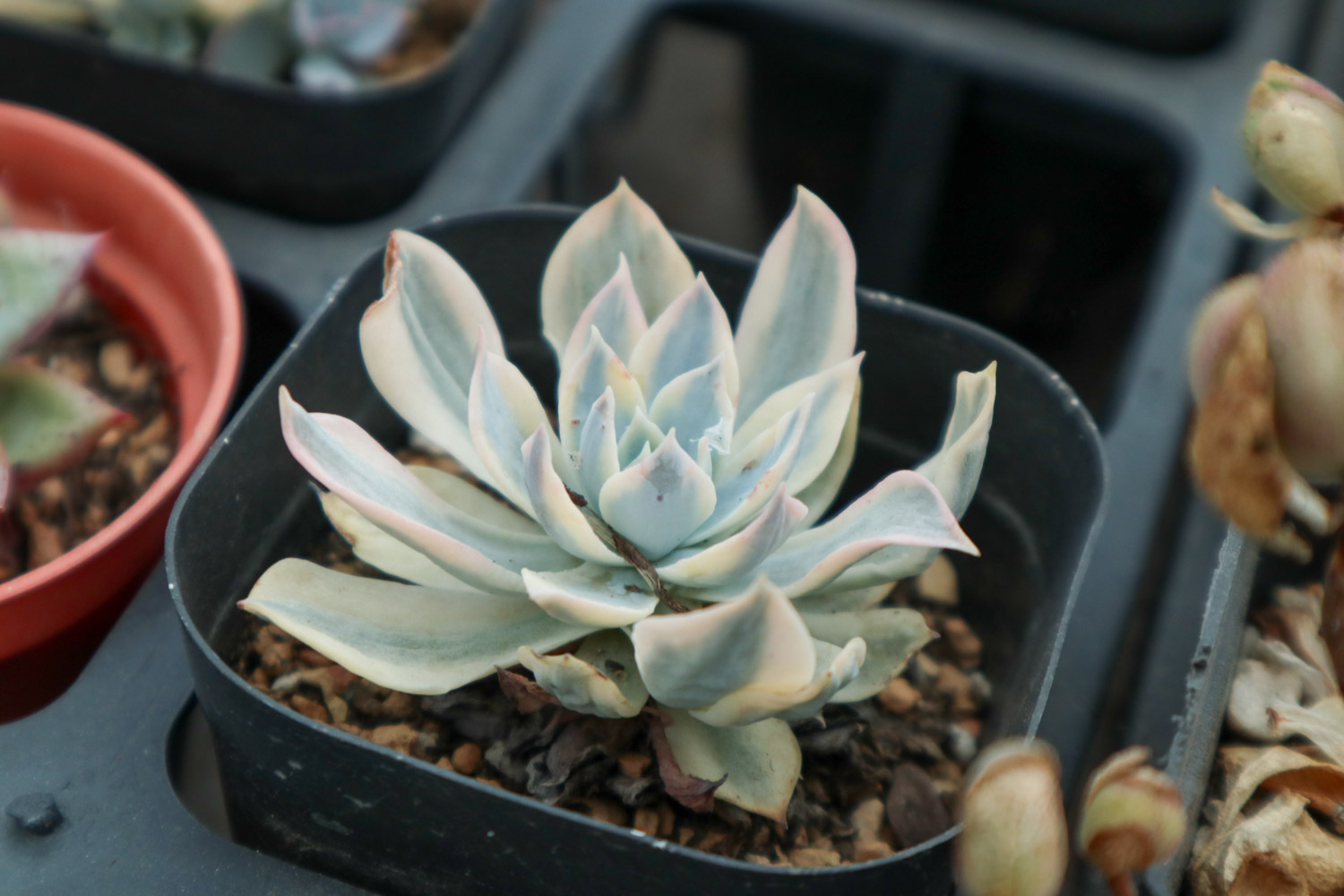
Coconut bran
Coconut bran has good water retention and strong air permeability
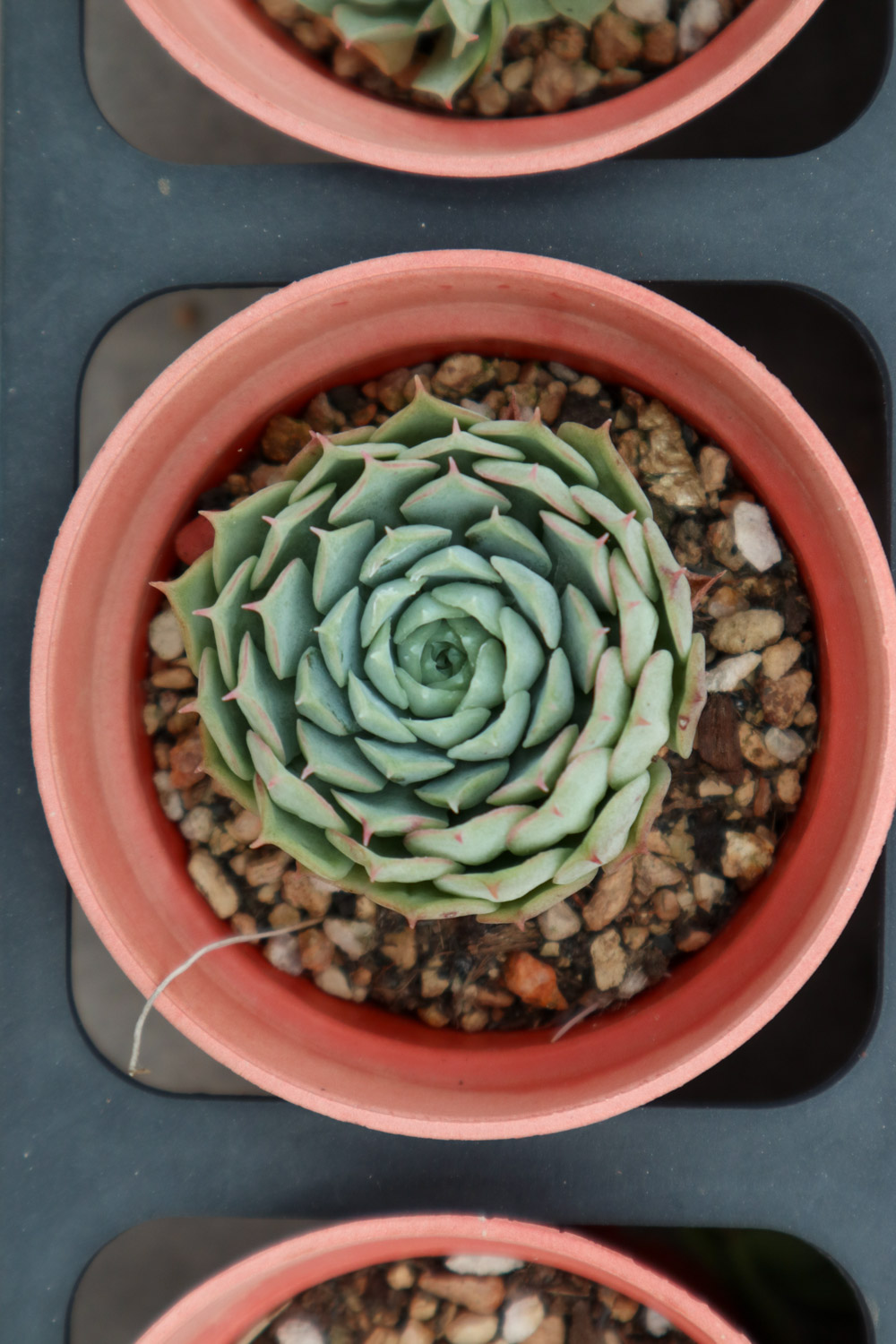
Some flower friends use ceramic pots and granules to raise meat. Although it is breathable, the meat is not in good condition. Why? Watering is not frequent in summer. It's not easy to have plenty of meat and hope to drink water, but the first-class is gone
Adding some coconut bran is different. One third is coconut soil and one third is sand. Add some other ceramsite. Ceramsite and sand can make meat breathable, and coconut bran can save a little water and nutrition for meat
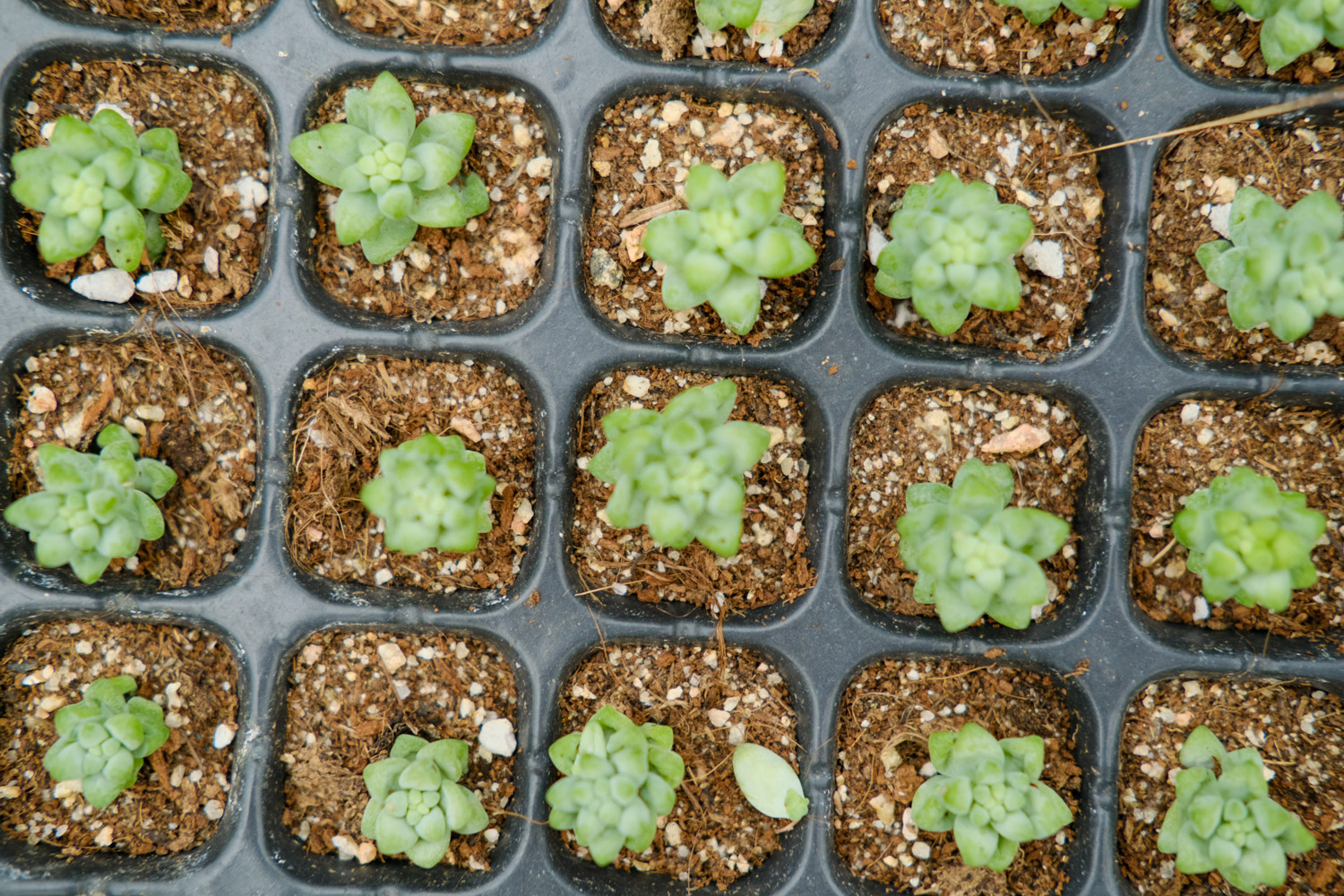
Slow release fertilizer
Fleshy and small, they grow only a few leaves a year, so they need little fertilizer< span>
If you find it troublesome to make your own bone meal, try slow-release fat
Use chopsticks to poke the bottom of the basin into the soil, then insert 2 slow-release fertilizers, and then cover the hole with soil
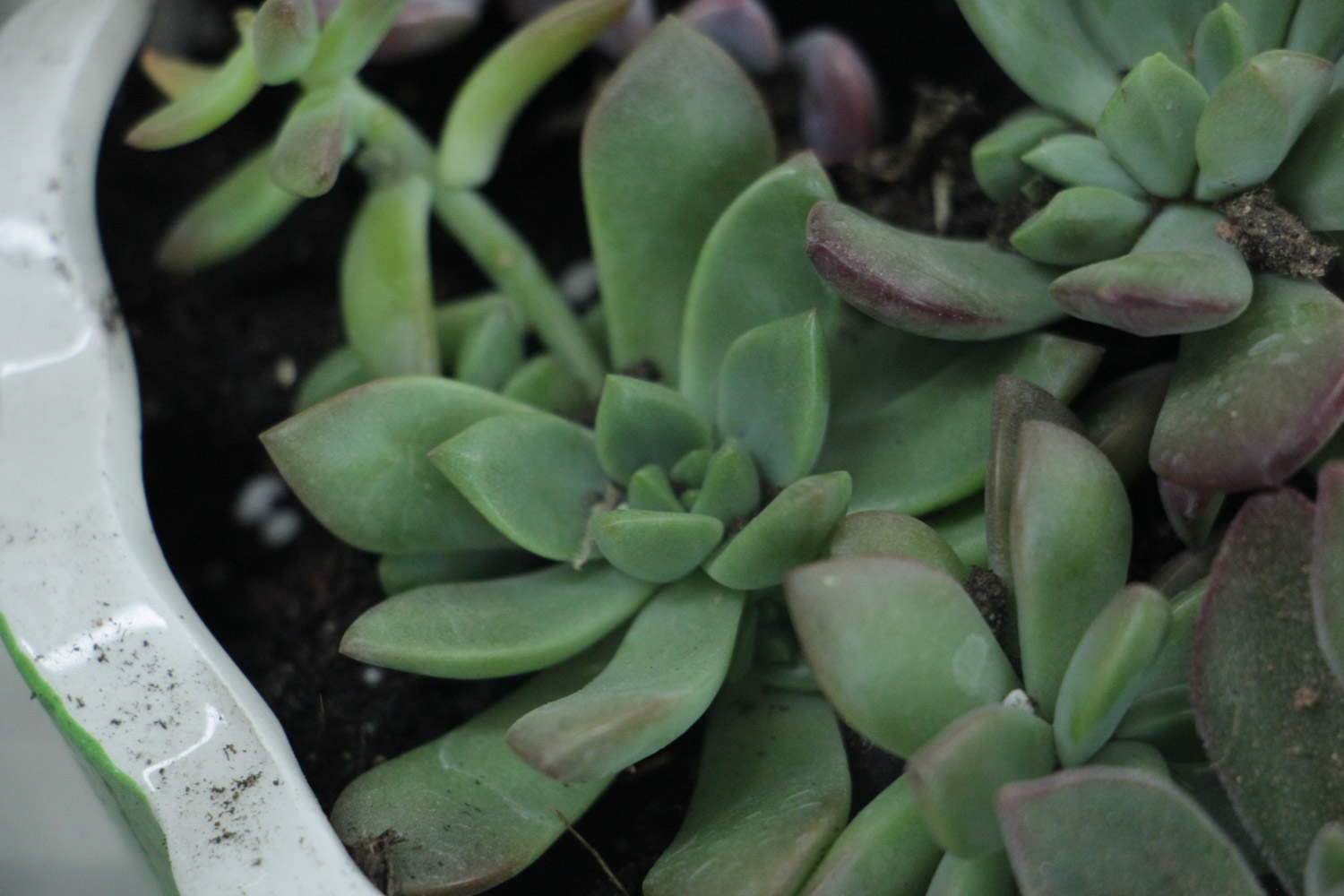
Imidacloprid
In muggy weather, it's easy to grow insects with more meat, such as scale insects and aphids... It's a headache. If you don't eliminate them in time, your meat will never be saved again
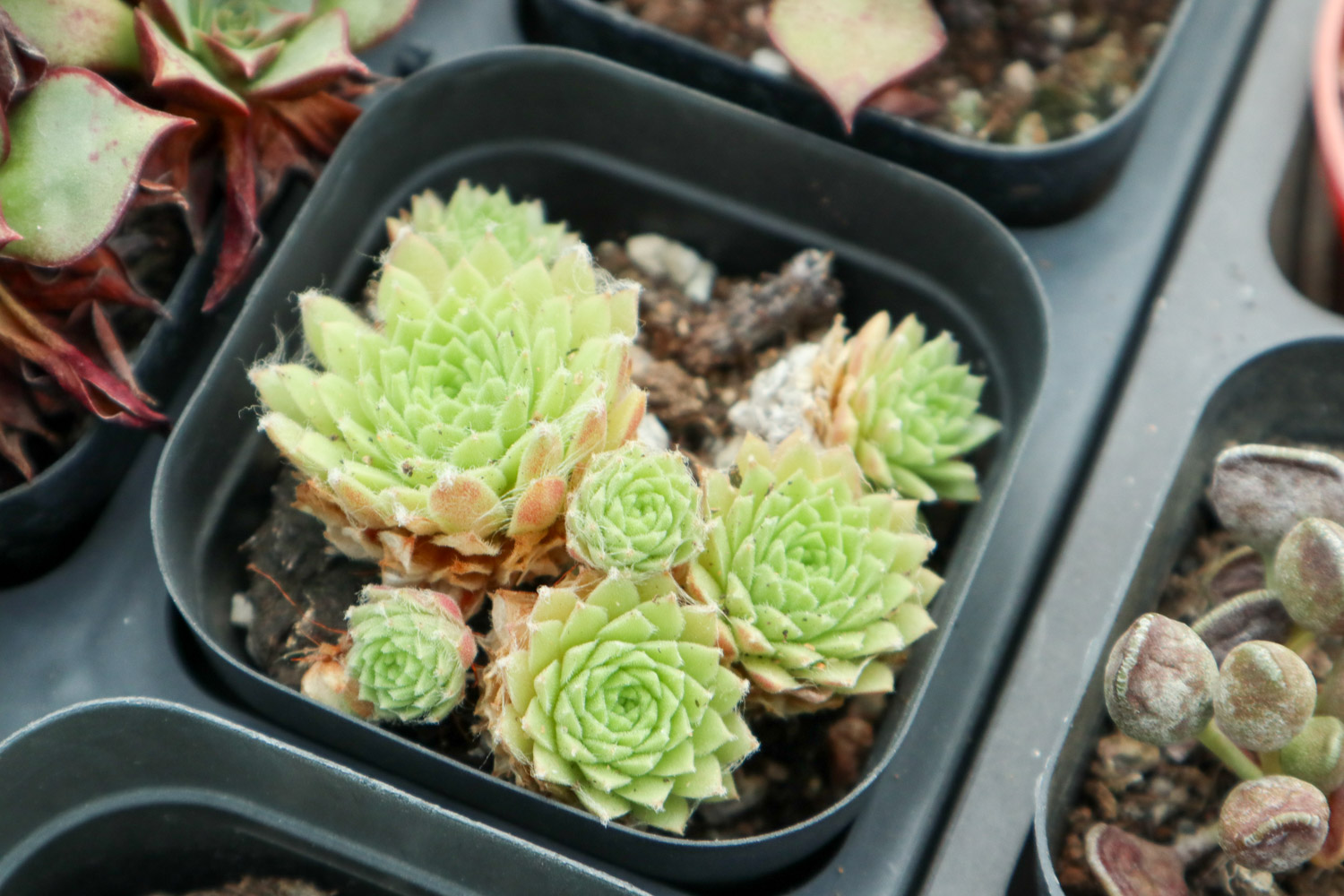
Mix imidacloprid according to the proportion of the manual, and use a small watering can twice a week. The effect is obvious
Carbendazim
If you find that there are signs of rotten roots in meat, quickly gently pull out the roots, cut off the rotten roots of hair blackening water, and apply carbendazim on the section

Dry the wound in a cool place and replant it

 how many times do yo...
how many times do yo... how many planted tre...
how many planted tre... how many pine trees ...
how many pine trees ... how many pecan trees...
how many pecan trees... how many plants comp...
how many plants comp... how many plants can ...
how many plants can ... how many plants and ...
how many plants and ... how many pepper plan...
how many pepper plan...





























